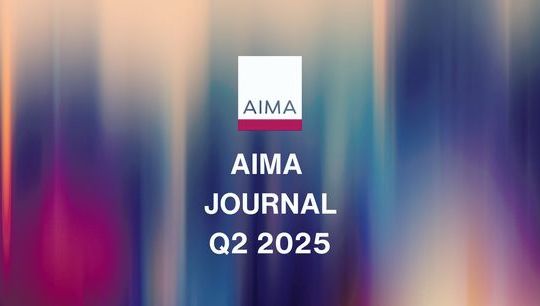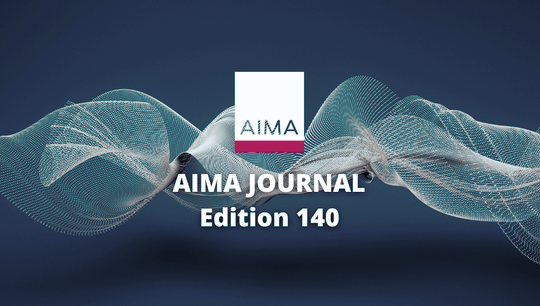Japan’s international financial city initiative involves unprecedented structural reforms to help foreign managers enter the Japanese market
By Tsuguhito Omagari; Scott Peterman; Yuki Sako, K&L Gates
Published: 21 March 2022
Since the Fall of 2020, in an effort to promote Japan as an international financial city (IFC Initiative), the Japanese government has implemented a number of legislative and regulatory reforms incentivising foreign managers to establish a footprint in the Japanese asset management market. The IFC Initiative includes unprecedented structural reforms aiming to help foreign managers who wish to open offices and be licensed in Japan. In this article, we review key elements of the IFC Initiative and provide our observations thereof.
Key reforms under IFC initiative
The IFC Initiative includes the following key reforms and programmes:
- New licensing exemptions
In 2021, Japan adopted the following two exemptions from licensing requirements specifically aimed at assisting foreign asset managers who intend to open offices in Japan, which became effective on 22 November 2021:
a) Specially Permitted Business for Foreign Investors, etc. (Foreign Investor Fund Exemption)–this is an exemption from Type II broker-dealer and investment management registration for fund operators of certain partnership-type funds (which have ‘primarily’ foreign investors) when offering certain eligible partnership-type funds and managing assets invested in those funds; and
b) Specially Permitted Business During Transition Period (Transition Period Exemption)–this is an up to five-year registration moratorium for foreign managers registered with a foreign authority who have foreign (non-Japanese) investors only and who satisfy certain eligibility requirements (collectively, Exemptions).
Both Exemptions, as adopted, provide meaningful access to Japanese investors. For example, the Foreign Investor Fund Exemption permits access to a wide range of Japanese professional investors so long as funds from Japanese investors do not exceed 50% of the asset under management of the relevant fund. Further, the Transition Period Exemption allows the foreign investment manager to act as a sub-manager for Japanese-licenced investment managers under a discretionary investment management agreement, which will allow the foreign investment manager to build Japan-related track records at its Japan office while relying on the Transition Period Exemption.
Challenges for foreign asset managers will likely include staffing sufficient and qualified human resources at their Japan offices. For example, while the Financial Services Agency of Japan (FSA) suggested that some levels of outsourcing with respect to compliance and investment decision-making functions are permitted, it still expects employees who are designated to be in charge of these functions and to have a minimum of one-year of relevant experience. However, as we discuss below, the FSA is currently providing monetary incentives to cover initial costs, including hiring costs, which may mitigate these challenges. However, it is worth noting that having an office in Japan may have Japanese tax implications for the manager and the relevant funds.
- Launch of the Financial Market Entry Office and English language registration and supervision
By amending certain implementing regulations of the Financial Instruments and Exchange Act (Act No. 25 of 1948, as amended), in January 2021, the FSA launched the Financial Market Entry Office, English-language support and supervisory desk, and began providing English language registration and supervision under which eligible applicants submit registration application documents in English and are subject to post-registration supervision in English including submission of annual reports. In addition, communication with the regulator is in English. Currently, English language registration and supervision is available to certain subsets of businesses that require registration as Investment Management Business Operators, Investment Advisory and Agency Business Operators, and/or Type II Financial Instruments Business Operators.
However, these measures currently apply only to new registrants for these three categories of licenses, and do not apply to existing registrants. In January 2022, the FSA proposed to expand the eligibility to include applicants looking to engage in certain business that requires Type I Financial Instruments Business Operators.
This was a significant structural change welcomed by global financial institutions eyeing registration in Japan.
- Financial Start-Up Support Programme
The FSA currently invites foreign managers considering an office presence in Japan to apply for the Financial Start-up Support Programme, which includes support to set up an entity in Japan and support for immigration, hiring and registration, and notably, a monetary incentive of JPY 20 million (approximately US$173,000).
Though the current program is set to expire at the end of March 2022 it is possible that the programme will be renewed. The programme is operated for a Japanese administrative fiscal year and hence interested managers should plan for eligible payments within the applicable fiscal year.
- Tax reforms and immigration reforms
Tax reform under the IFC Initiative includes allowing certain asset managers to treat performance-based salaries as deductible expenses under certain conditions for corporate tax purposes and exempting overseas assets of certain non-Japanese individuals from Japanese inheritance tax, which became effective as of 1 April 2021. In addition, the Japanese government made it easier for asset manager employees to qualify for highly-skilled professional status, thereby making it easier to qualify for this special immigration status as a foreigner.
The Japanese government has indicated that it will continue to seek input regarding the needs and challenges from the industry and may make further changes and adjustments to expand Japan’s role as an international financial center. Japan presents a great opportunity for AIMA global members considering a base in the lucrative and relatively untapped Japanese private fund market.







